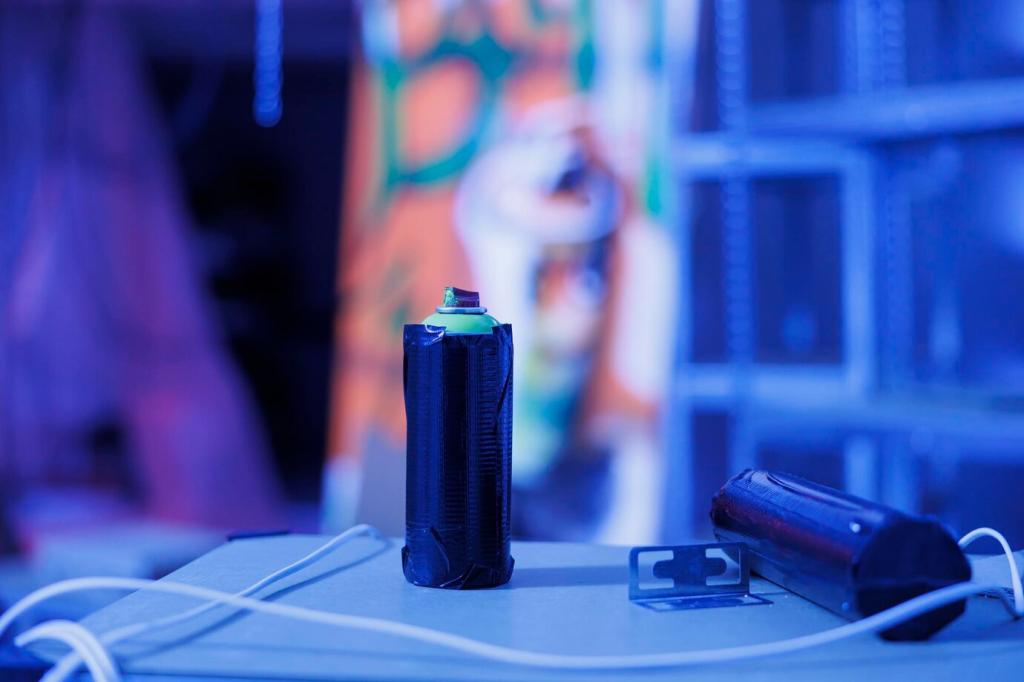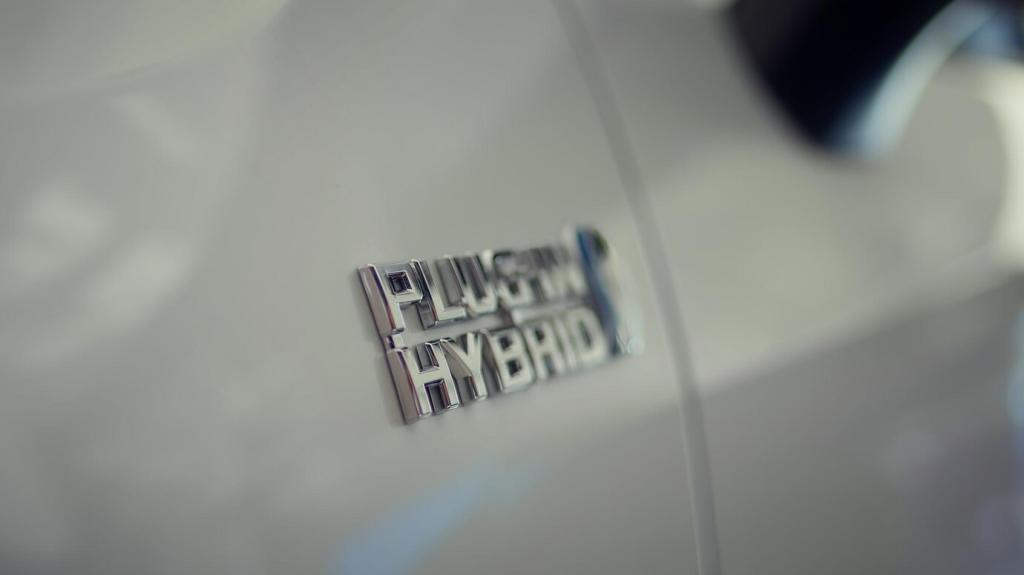Know Your Batteries
Lithium-ion cells hold plenty of energy, so safety matters. Tape terminals, place each battery in a clear bag, and deliver to approved drop-off sites. Never toss them in trash or curbside recycling. Share your nearest, most reliable collection point to help others.
Know Your Batteries
Guidance varies by region, so always check local rules. Many areas accept these at household hazardous waste sites or retail programs. Keep them dry, store in a container, and tape 9V terminals. Post your city’s guidelines to help readers avoid confusion.









